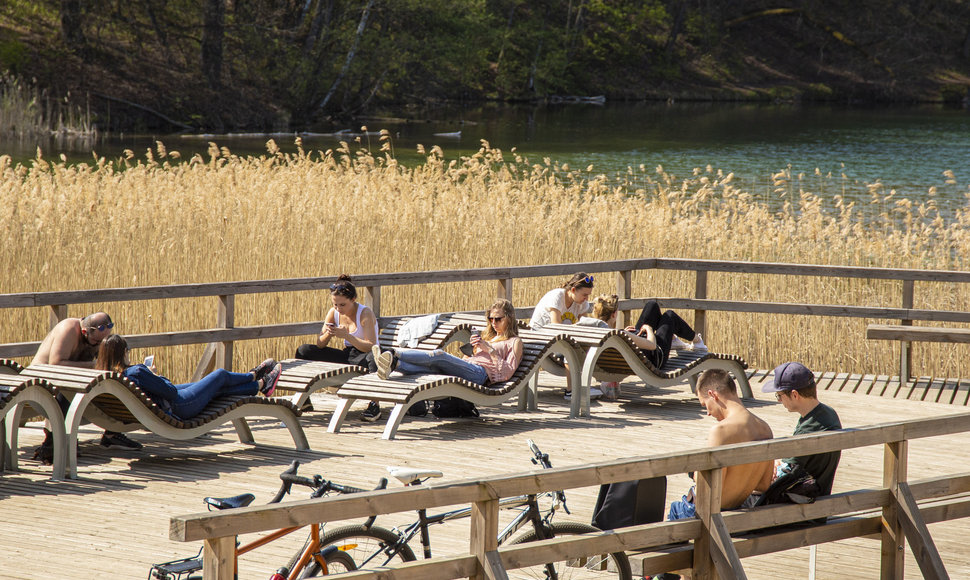LPK executive director Ričardas Sartatavičius believes that the proposed legislative changes will definitely help the public catering sector recover from the vast damage it faced due to the pandemic. “Cafes, restaurants and bars were counting reduced sales by tens of times from the very first days of the lockdown and sought ways to retain their business and job positions. Some were left on the brink or were forced to halt operations. Any aid and reduction of regulations for this sector directly influence the survival of many businesses, retaining jobs and thus aiding the entire country’s economy,” R. Sartatavičius says. He applauds the Committee on Economics decision and hopes for the support of a majority of MPs.
LVRA president Evalda Šiškauskienė concurs, noting that, “Alcohol sales comprise a significant part of public catering sector revenue. Without the possibility of selling alcohol, even if light beverages, most cafes, bars and restaurants currently have no way of surviving. While loosening lockdown conditions, we urgently need decisions to aid this sector to protect the businesses, which can still be saved.”
According to her, the decision to permit alcohol sales in pavilions and beaches should not cause the negative consequences some fear. “In bars and restaurants, alcoholic beverages are very rarely consumed excessively and there’s a simple reason for this – the price of alcohol. For example, beer, just like other alcoholic beverages in public catering establishments, costs two-three times more than at retailers. Pavilions also cannot compete in price with the major retailers, thus they only see small quantities purchased and respectively less consumption,” E. Šiškauskienė explains.
According to the LVRA president, it is also important for the public, which is still adapting to the changed lockdown norms, to be granted typical services, not just part of them.
Darius Jasaitis, the Mayor of Neringa, maintains the position that liberalising alcohol sales in pavilions and outdoor cafes should help resolve several problems. “Firstly, this should help at least partially restore catering establishments’ incomes, which were lost during the lockdown. Secondly, this would allow avoiding vast frequency of alcohol brought in to beaches and the public order breaches related to it. Thirdly, when thinking of the future, it would increase competitiveness in a global context – the restrictions are simply incomprehensible to foreign citizens,” D. Jasaitis lists and agree that this decision will have a significant impact not only for the seasonal, but also the annual economic and social results of Neringa city.
Based on the alcohol control law amendments that have been presented, it is offered to permit in pavilions the sale of bottled natural fermentation cider, beer and beer mixtures with added non-alcoholic beverages under the alcohol concentration of 7.5%. Also, the sale of alcoholic beverages under the alcohol concentration of 22% is to be permitted in beaches. The project was proposed by a number of MPs including Viktorija Čmilytė-Nielsen, Simonas Gentvilas and Eugenijus Gentvilas of the Liberal Movement.












